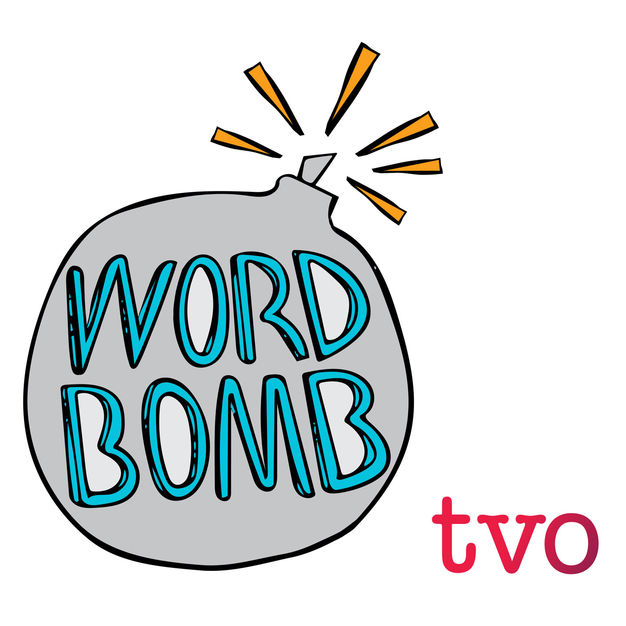
Word Bomb
Language moves fast and Word Bomb is here to help. Unpacking one explosive word per week, hosts Pippa Johnstone and Karina Palmitesta talk to experts and dive deep into lived experiences to share stories the dictionary doesn't tell you.
- 20 minutes 59 secondsIt's time to reevaluate resilienceWell into the second year of the pandemic, is "resilience" really what we need to be cultivating? Pippa and Karina are joined by Julie S. Lalonde, a women's rights advocate and author of the memoir "Resilience Is Futile." Together they tackle the trap of resilience, and why it shouldn't be doing all the heavy lifting in the face of real systemic problems. They also touch on disaster studies, brain plasticity, and more.
See omnystudio.com/listener for privacy information.
9 December 2021, 10:00 am - 22 minutes 29 secondsIs our culture getting more culty?What sets a cult apart from a religion? Is it a harmless groupthink, or something much darker? And why are cults having such a moment right now, from pop culture to politics? Pippa and Karina drink the Kool-Aid and venture deep into wild, wild country with the help of Marianne Boucher, author of the graphic novel 'Talking to Strangers: A Memoir of My Escape from a Cult.'
See omnystudio.com/listener for privacy information.
2 December 2021, 10:00 am - 23 minutes 15 secondsDeaf or deaf? Capitalizing a community
What a difference capitalization makes: Pippa and Karina dive into the hotly debated and deeply personal terminology around being Deaf/deaf. They're joined by deaf podcaster Caroline Mincks to break down the spectrum and diversity of the deaf and hard-of-hearing experience, and why words matter when labeling members of this community. Along the way, they touch on the cochlear implant debate, sign language, person-first language, and "deaf gain."
See omnystudio.com/listener for privacy information.
25 November 2021, 10:00 am - 26 minutes 22 secondsSorry, we're at capacityWhen and how do we decide that someone can't make their own decisions? As the "grey wave" of aging baby boomers approaches, ,capacity, has become an all-important metric. Pippa and Karina speak to Laura Tamblyn Watts, the CEO of seniors' advocacy organization CanAge, to break down mental capacity assessments for seniors, as well as the capacity of our health care system.
See omnystudio.com/listener for privacy information.
18 November 2021, 10:00 am - 14 minutes 24 secondsDon't you know that you're toxic?From relationships, to workplaces, to masculinity, "toxic" is a label we've embraced enthusiastically for the last few years. Pippa and Karina trace this overused metaphor from a 1980s fringe men's movement all the way to the Britney song we know and love.
See omnystudio.com/listener for privacy information.
11 November 2021, 10:00 am - 23 minutes 6 secondsDefining the mission of abolitionThe abolition movement has hit the mainstream, and calls to disarm, defund, and dismantle the system as we know it have never been louder. Rinaldo Walcott, author of "On Property," joins Pippa and Karina to imagine a world without police or prisons, discuss the problem of property, and decode the language of reform.
Rinaldo Walcott is the director of the Women and Gender Studies Institute at the University of Toronto and the author of "On Property" (Biblioasis, 2021).
If you're interested in reading more on the topic of abolition, Rinaldo's recommended booklist includes, "We Do This 'til We Free Us," by Mariame Kaba; Golden Gulag by Ruth Wilson Gilmore; and "Are Prisons Obsolete?" by Angela Davis.See omnystudio.com/listener for privacy information.
4 November 2021, 9:00 am - 21 minutes 56 secondsHoming in on houselessness
Amid an affordable housing crisis, the language around homelessness is changing - but is it helping? With insights from housing activist Lorraine Lam and Toronto Drop-in Network coordinator Diana Chan McNally, Pippa and Karina track the rise of alternatives such as "unhoused," and break down the spectrum of homelessness and housing precarity.
Thank you to our guests Diana Chan McNally, a training and engagement coordinator at the Toronto Drop-In Network, and Lorraine Lam, who is a housing activist and outreach worker at Sanctuary TO.
If you’re interested in the Canadian-specific definition of homelessness, the Canadian Observatory on Homelessness has broken it down into four main typologies: unsheltered, emergency sheltered, provisionally accommodated, and at risk. They also have a separate definition for Indigenous homelessness in Canada.
See omnystudio.com/listener for privacy information.
28 October 2021, 9:00 am - 16 minutes 54 secondsWe're simps for semantics
Pippa and Karina embark on a totally hard-hitting investigation into the past, present, and future of the word "simp," from 1970s hip-hop to 1990s rap to Tiktok. With its overtones of misogyny, toxic masculinity, and homophobia, this of-the-moment insult takes them back into the territory of Nice Guys and the "manosphere." Where did simping get its start? And might there be a chance for a rare redemption arc?
See omnystudio.com/listener for privacy information.
21 October 2021, 9:00 am - 30 minutes 13 secondsWe need to talk about genocide
The discovery of hundreds of unmarked graves near residential schools across the country has re-launched a national conversation on the word "genocide" and why politicians tread lightly around it. In this episode, Pippa and Karina talk to award-winning novelist, lawyer, and activist Michelle Good (Five Little Indians) about the legal definition of genocide and the power behind the word.
This episode deals with topics that may cause trauma invoked by memories of past abuse. If you’re a former residential school student, you can access emotional and crisis referral services by calling the 24-Hour National Indian Residential School Crisis Line at 1-866-925-4419.
Did you live near a residential school? This interactive map from the CBC will let you find out. Just plug in a year and your address, and you’ll see the closest residential school and its years of operation.
We also recommend another interactive map, Native-Land.ca, which allows settlers to educate themselves on whose territorial land they are living on.
Huge thanks to our guest Michelle Good, whose Governor General–winning novel Five Little Indians is available at bookstores everywhere.
See omnystudio.com/listener for privacy information.
14 October 2021, 9:00 am - 36 secondsWord Bomb is back for season four!
Word Bomb is back with nine episodes that tell the story behind hot-button words like genocide, homeless, and deaf. Season four drops October 14th.
Let’s continue to explore language together! Please support the Word Bomb podcast by donating today at www.tvo.org/supportpods.
See omnystudio.com/listener for privacy information.
7 October 2021, 1:00 pm - 24 minutes 14 secondsBIPOC: Can a term be too inclusive?
The acronym BIPOC has been around for years-but in the wake of the murder of George Floyd and BLM protests across North America this summer, it's been thrust into the spotlight. Is this hot-button term inclusive or homogenizing? Does it signal solidarity or perpetuate erasure? Pippa and Karina break down BIPOC from a uniquely Canadian perspective with help from Paige Galette, a queer Black artist and organizer from Ontario, as well as France Trépanier, an artist and curator of Kanien’kehà:ka and French ancestry and the co-director of the initiative Primary Colours/Couleurs primaires.
See omnystudio.com/listener for privacy information.
8 December 2020, 10:00 am - More Episodes? Get the App
- https://tvo.org/wordbomb
- en-ca
Your feedback is valuable to us. Should you encounter any bugs, glitches, lack of functionality or other problems, please email us on [email protected] or join Moon.FM Telegram Group where you can talk directly to the dev team who are happy to answer any queries.
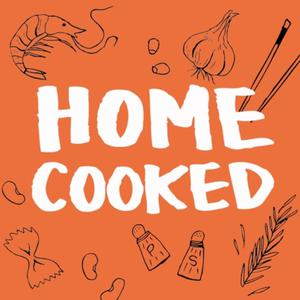 Home Cooked
Home Cooked
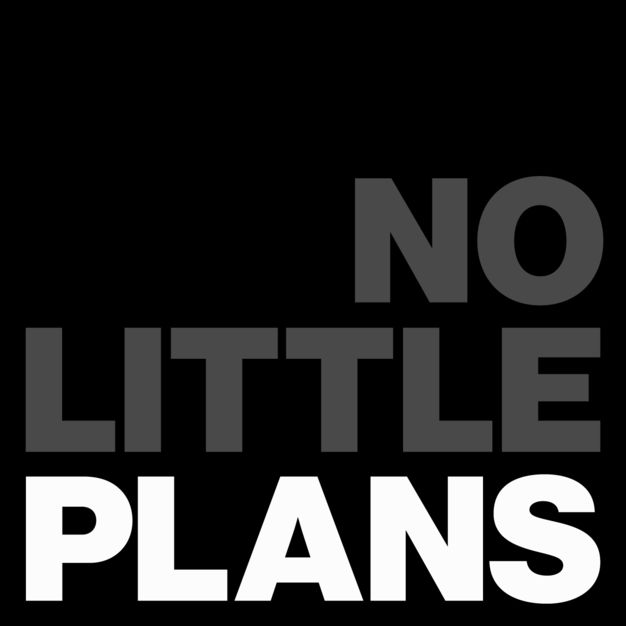 No Little Plans
No Little Plans
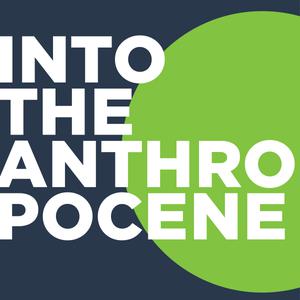 Into the Anthropocene
Into the Anthropocene
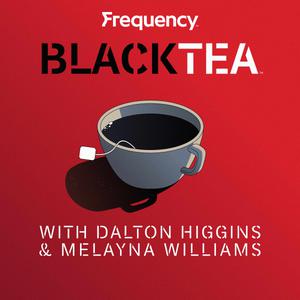 Black Tea
Black Tea
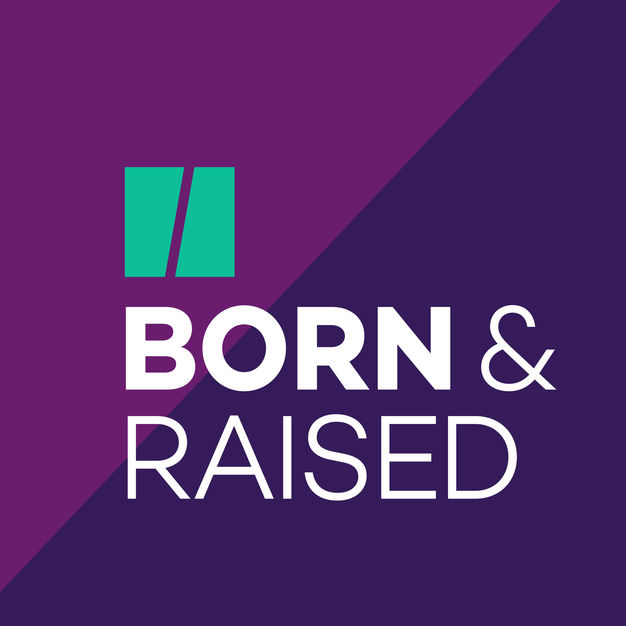 Born And Raised
Born And Raised